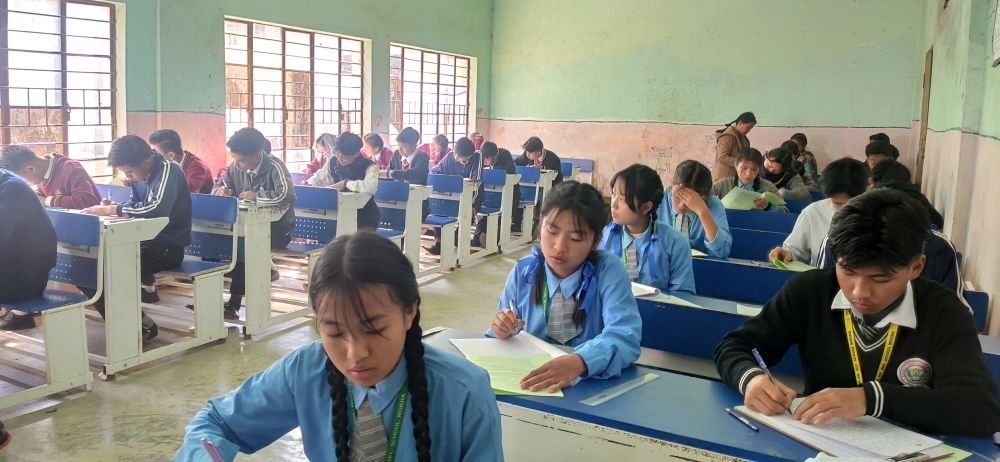
NEW DELHI, APRIL 6 (MExN): The Japan International Cooperation Agency (JICA) signed an agreement with the Government of India to provide an Official Development Assistance (ODA) Loan of approximately Rs 400 crore for the Nagaland Forest Management Project.
A press note from the JICA informed that the ODA loan’s conditions are very concessional, i.e. 0.3% interest rate for project activities and 0.01% for consulting services interest rate and 40 years of repayment period (including 10 years of grace period).
The JICA-assisted Project aims to improve forest ecosystem and support income generation by rehabilitation of Jhum Cultivation (traditional slash and burn practice) area and provision of livelihood support, thereby contributing to sustainable forest and environmental conservation and livelihood improvement in the target villages in the state of Nagaland.
The agreement was signed between Takema Sakamoto, Chief Representative, JICA India Office and S Selvakumar, Joint Secretary, Department of Economic Affairs, the Ministry of Finance.
Speaking on the occasion, Takema Sakamoto said: “JICA recognizes the significance of livelihood improvement and poverty alleviation in forestry areas, and the Project shall contribute towards ecological rehabilitation of Jhum cultivation areas and poverty alleviation in the state of Nagaland. It is envisaged that by implementing the Project, better nutrient recycling within forestry soil and increased production of fuel wood, fruits and Non-Timer Forest Products (NTFP) would decrease people’s dependency on Jhum Cultivation and improve their livelihood.”
The project comprises Forestry Interventions and Biodiversity Conservation, Livelihood Improvement and Community Development and Institutional Strengthening, targeting 185 villages in 22 forest ranges in 11 divisions, covering approximately 80,000 ha for forestry intervention.
In Nagaland state, between 2013 and 2015, forest cover decreased by 78 km2 and one of the reasons is Jhum Cultivation, a form of traditional shifting cultivation, in which approximately 60% of the population is engaged and approximately 60% of food demand is met from.
During the project, five models will be applied to the areas of Jhum cultivation to improve tree density and soil fertility, and to promote agroforestry to bring additional income sources to the people who are engaged in Jhum Cultivation and reduce the extent of dependency of the people on Jhum Cultivation. The Executing Agency for the Project is Department of Environment, Forest and Climate Change, Government of Nagaland.
The JICA was established as an independent administrative institution under the Government of Japan. It aims to contribute to the promotion of international cooperation, as a sole Japanese governmental agency in charge of ODA implementation. JICA is the world’s largest bilateral donor agency and works as a bridge between Japan and emerging countries, and provides assistance in forms of loan, grant and technical cooperation so that the emerging countries can strengthen their capabilities.


.jpg)
.jpg)
.jpg)
